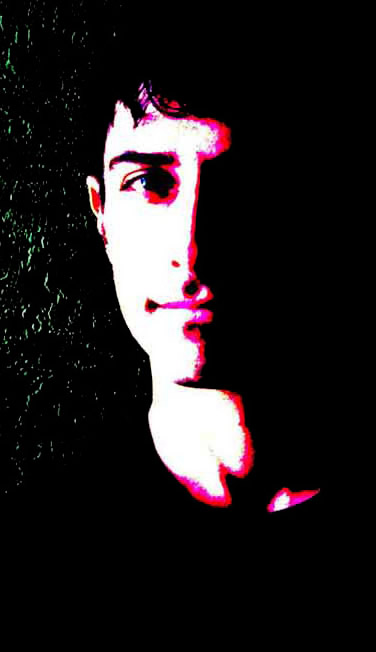music review: Louis Lortie and the SF Symphony
On Saturday night I went back to ODC Dance Theater with James and our friends Barbara and Lyman for the third and final night of Donna Uchizono's "Thin Air." Rob scored us front-row seats and, at least for James (who danced with the Silesian Dance Theater in Bitom, Poland for the '99-2000 season), the show lived up to my hype. Beforehand we went to dinner at Walzwerk on South Van Ness and had the only mediocre meal I've ever had there. Don't go on a busy night; on a slow one, it's an ace kitchen.
The following day my old friend Emma Moon--another Yale-Juilliard-Yale boomerang--invited me to the symphony for a program of new music: Liszt's Totentanz, Beethoven's Choral Fantasy, and Prokofiev's Alexander Nevsky. Most people probably don't consider any of that new music, but in fact I had never heard a note of it.
When the house lights dimmed and the concertmaster had tuned the orchestra, Kurt Masur came out with a diminutive man in casual black slacks and a black shirt. This guy was a little bit of a zhlub--not just the outfit but the careless management of his remaining hair. Oh shit, I thought as the audience applauded tentatively--Masur accidentally came out with the janitor. It seemed so terribly embarrassing for everybody, but only for a moment, because the janitor proceeded to sit down and play the living daylights out of the Liszt.
The soloist, Louis Lortie, was a total joy to watch--not fun like watching Liberace, young black & white Liberace with the dazzlingly anodyne smile and the wink, ever-ready no matter how many hundreds of notes per second his fingers are flawlessly and charmingly processing. What showed up on this guy's face was a performance unto itself, and a great performance, free of the laborious grimaces that disfigure the faces of so many pianists, and full of evidence, if his playing didn't already drive home the point, that every phrase of the music was part of an incredibly vivid and theatrical narrative. I found myself challenged, as a performer and as a listener, because the story on his face spurred me to listen for more, to hear better, to imagine harder, the way Jody Foster directed one of her child actors: "I want you to go out there and pretend really hard." Lortie is a virtuoso pianist, but more importantly he is a virtuoso pretender. And that's why his impersonation of the janitor was such a nice touch, because it said: It makes no difference what you see when I appear before you, for in a moment I will pull jewels, skulls, succubi, God and the blood-drenched history of Europe out of this piano. He made good on the threat, and when he was through, every single person in Davies Symphony Hall wanted to fuck him.
The Beethoven is a spectacular white elephant of a piece, a musical Moby Dick in its discursive structure and grandiosity. I enjoyed it, especially Lortie's solos, but through much of the piece, as through much of the Liszt, I was reminded of Josefa Heifetz's nasty observation that "variations aren't music." Alexander Nevsky was dazzling--my appreciation of Prokofiev only waxes and never wanes the more I hear. I hadn't heard the symphony chorus in many years and was delighted to see Apparition of the Eternal Church star Ron Gallman in the tenor section, and, newly installed at the first desk of cellists, my old conservatory, SF Symphony Young Musicians Award DC vacation, Lowell High and Juilliard comrade Amos Yang.



0 Comments:
Post a Comment
<< Home